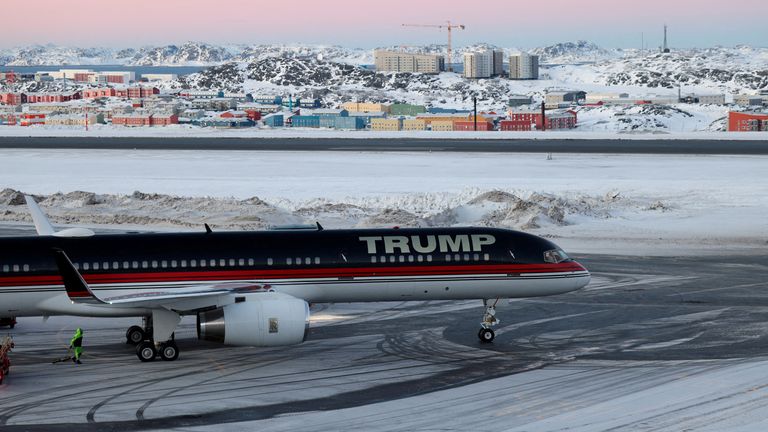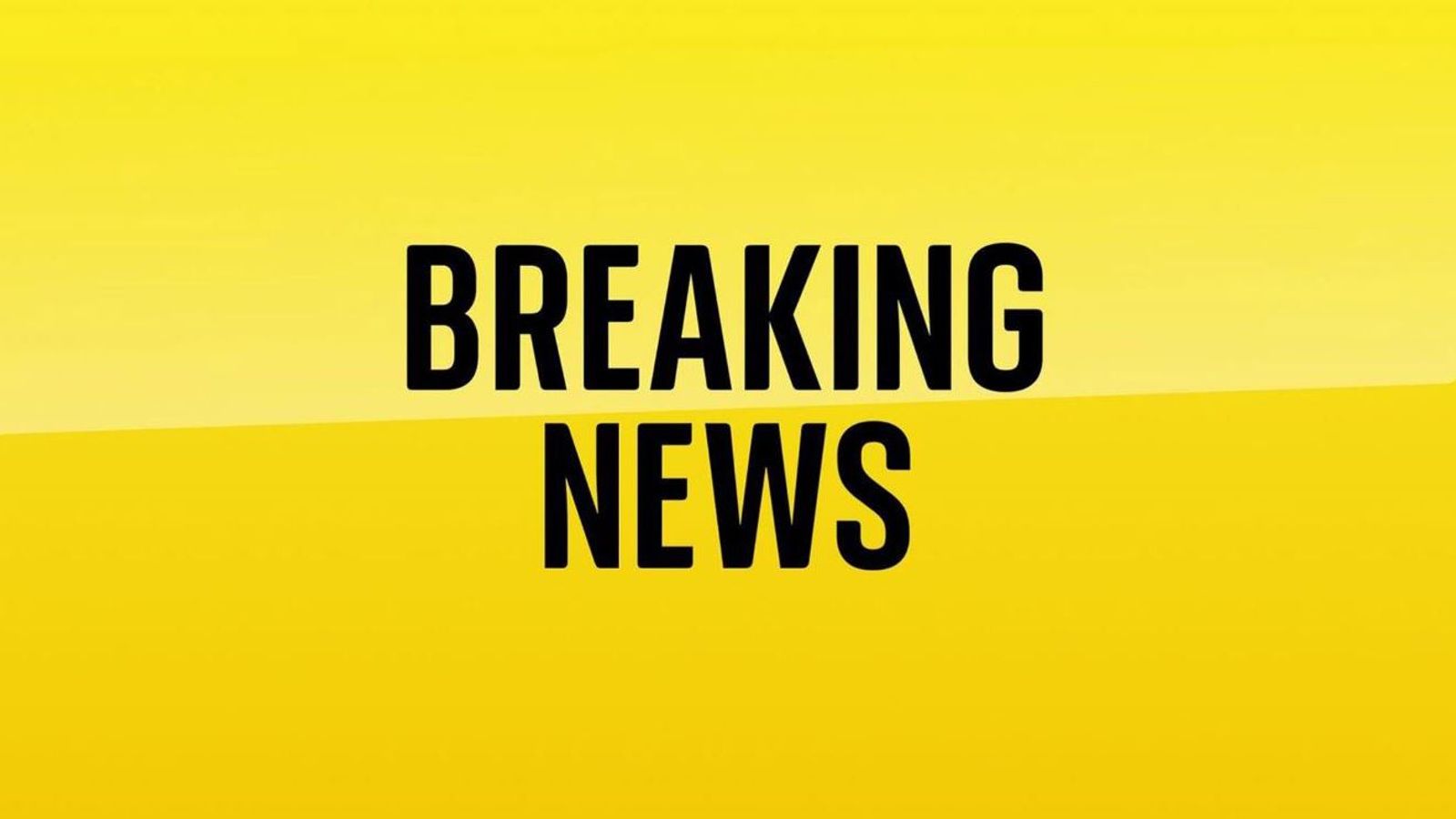ARTICLE AD BOX
What does Russia think of Donald Trump's plan to acquire Greenland? Well, on the face of things, it is alarmed.
"The Arctic is a zone of our national interests, our strategic interests," Kremlin spokesman Dmitry Peskov said, sounding protective, when asked about the US president-elect's recent remarks.
His language echoes that frequently used by Russian President Vladimir Putin, when discussing NATO's historical expansion eastward. "Zone of strategic influence" generally means "back off".
But Donald Trump has refused to rule out using military force to seize the world's largest island, and it appears to have made Moscow nervous.
"We are watching the rather dramatic development of the situation very closely, but so far, thank God, at the level of statements," Mr Peskov said.
Ukraine latest:
Biden unveils boost for Kyiv before leaving office

The Kremlin's concern is no surprise, given the Arctic's economic and geopolitical significance to Moscow.
At more than 15,000 miles, Russia has the longest Arctic coastline and the region's vast reserves of oil and gas make it crucial to the country's energy supply.
Climate change has amplified its importance further, with melting ice making the Northern Sea Route, which hugs Russia's Arctic coastline, increasingly viable.
The route offers a seasonal shortcut between Europe to Asia, which is of huge attraction to major trading powers like China, and it's why Russia has pledged to invest $30bn on the route over the next decade.
But the opportunities are accompanied by risks.

Russia is the only non-NATO Arctic state, and the melting ice means it increasingly views its Arctic border as a vulnerability. That is why it has reopened more than 50 mothballed Soviet-era military posts there, as well as upgraded radar systems and modernised its Northern Fleet.
In such an environment, an attempt by the US to acquire more Arctic territory (even if it were from another NATO member) would be seen as a provocation. One Russian lawmaker has raised fears Greenland will become home to US strategic bombers.
Read more:
Why does Trump want Greenland?
Analysis: Trump's threats could test NATO
Echoes of 1812 war with Canada threats

But that's the public response from Russia. Could the reaction be different in private? Assuming it doesn't come to fruition, the Greenland proposal could actually have its benefits for Moscow.
For one, it has the potential to cause a rift within NATO. Instead of fighting as one, they could be fighting amongst themselves.
More importantly, perhaps, it articulates an expansionist policy, the kind which Russia is practising right now in Ukraine.
It could, therefore, help Vladimir Putin attempt to legitimise the invasion of his neighbour, arguing: "If the US wants to claim territory in the name of national security, then why can't we?"









 English (US) ·
English (US) ·